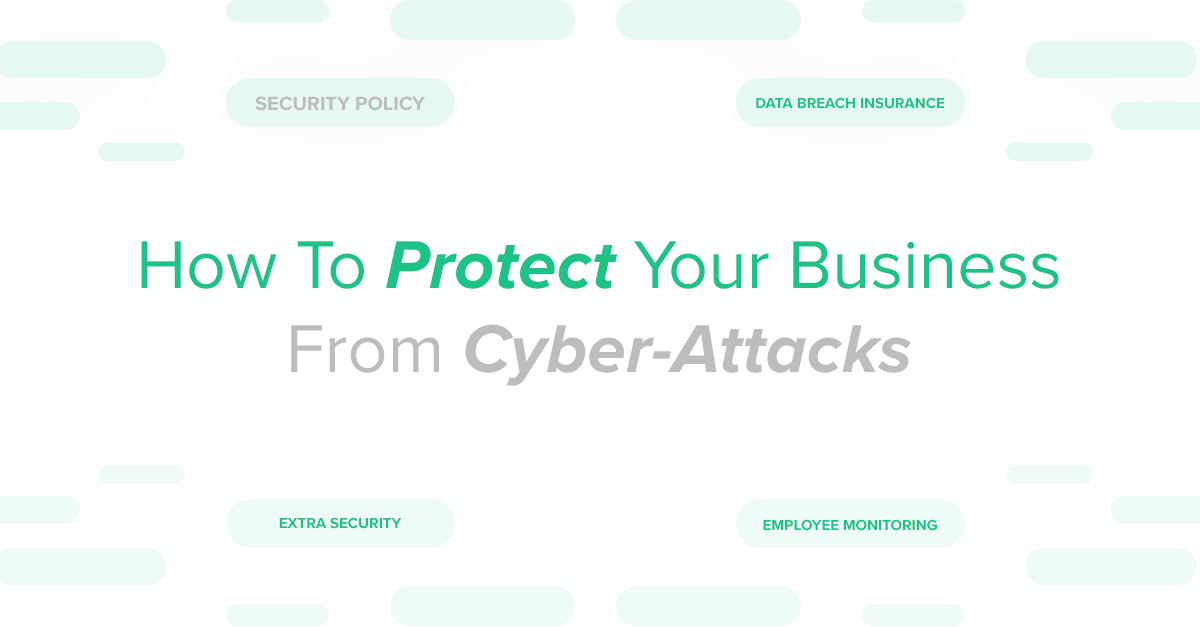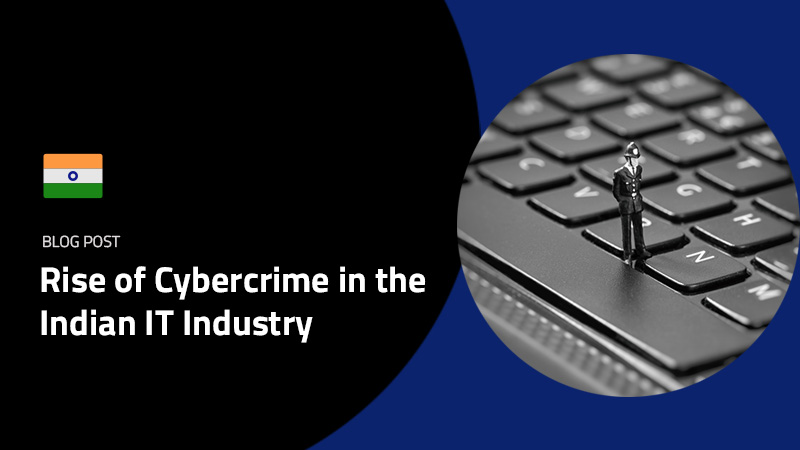With huge attacks reported almost daily, cyber crime is becoming a growing problem. And with practically all companies now relying on online connections to do business, criminals are increasingly turning their activities online.
However, while many of the recent headline-grabbing breaches have been on large corporations and government organisations – such as Anthem, Talk Talk and the US Office of Personnel Management – the majority of attacks are ACTUALLY on small businesses.
[Tweet “71 percent of U.S. #cyberattacks occur at businesses with fewer than 100 employees”] With potentially lower defense budgets, less security and a lack of dedicated staff, small businesses are particularly at risk.
So how can you ensure your company is protected?
Here are 5 tips which we’ve found work the best:
1. Understand the risks
It’s important to educate yourself on the different types of attacks you’re vulnerable to, and how they operate.
Learn your Phishing and Spoofing scams: the typical routes in, where your weaknesses are, and what are likely motivations for attack (e.g. ransoming data, stealing data, etc.)
2. Develop a security policy
Make sure you have a security strategy baked into the heart of your company’s standard operating procedures.
Educate your employees about the potential risks and make sure they follow some basic guidelines, like using secure and regularly updated passwords, double checking requests, and keeping sensitive data in dedicated secure files and only on company devices.
3. Keep your software up to date
Make sure your OS, applications, and security software are up to date. This is very important, for example without the latest updates, your security software cannot identify the latest viruses and malware.
4. Consider data breach insurance
Unheard of until a few years ago, buying insurance against a potential data breach is not only possible, it’s probably a very astute investment.
If you become the hapless victim of a successful attack, having insurance in place will mitigate the potentially huge financial costs, and could also help support you if in the face of legal challenges as a result.
5. Put extra security in place
While it goes without saying that you should have all of your systems setup and regularly checked by a security expert, along with fully up to date security software; unfortunately that’s not really enough.
Employee monitoring software can provide a valuable second line of defence. This type of software can be installed remotely on all devices where it can monitor all application and internet usage and messages. The software can also alert managers when sensitive files are accessed.
What say you?
Do you have any security measures in place which prevent data breaches? Or maybe we’ve left an essential one off of this list.
We’d love to know, so tell us in the comment’s section below.






